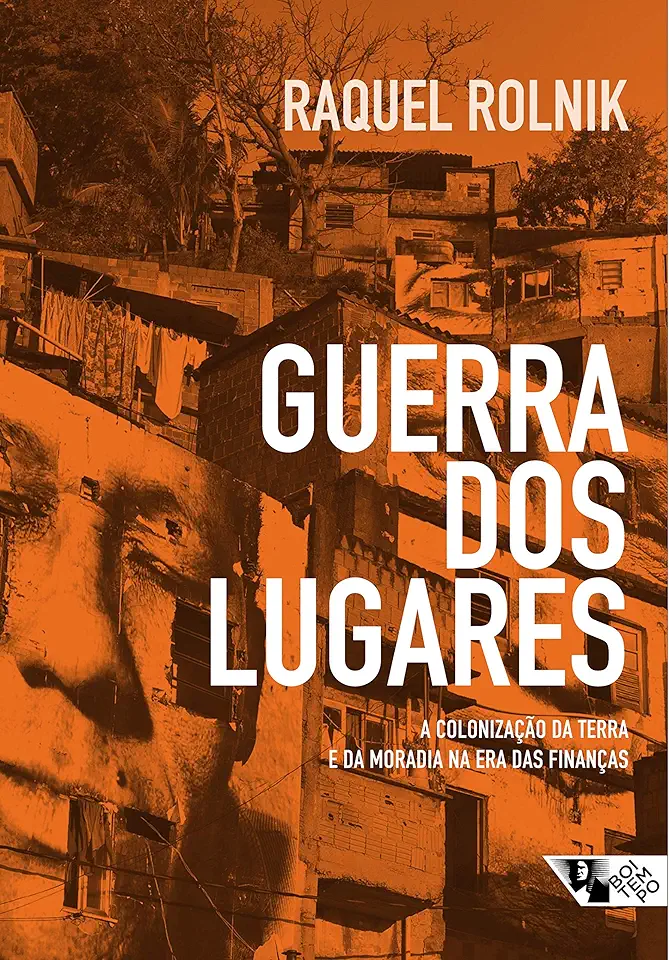
War of Places - Raquel Rolnik
War of Places: The New Spatial Order and the Future of the City
Introduction
In her book "War of Places: The New Spatial Order and the Future of the City," Raquel Rolnik argues that the current global urban crisis is not simply a result of economic inequality or poor planning, but rather a product of a new spatial order that is emerging in the 21st century. This new order is characterized by the increasing privatization of public space, the commodification of land and housing, and the displacement of low-income communities.
The Privatization of Public Space
One of the most striking features of the new spatial order is the privatization of public space. In cities around the world, public parks, plazas, and streets are increasingly being turned over to private developers, who transform them into gated communities, shopping malls, and other commercial spaces. This process of privatization has a number of negative consequences, including:
- The exclusion of low-income communities from public space
- The loss of social interaction and community cohesion
- The increase in crime and violence
- The degradation of the environment
The Commodification of Land and Housing
Another key feature of the new spatial order is the commodification of land and housing. In the past, land and housing were seen as basic human rights, but today they are increasingly being treated as commodities that can be bought and sold for profit. This process of commodification has led to a number of problems, including:
- The rising cost of housing
- The displacement of low-income communities
- The increase in homelessness
- The financialization of the housing market
The Displacement of Low-Income Communities
The privatization of public space and the commodification of land and housing have led to the displacement of low-income communities from their homes and neighborhoods. This process of displacement has a number of negative consequences, including:
- The loss of social networks and support systems
- The increase in poverty and inequality
- The decline in mental and physical health
- The increase in crime and violence
The Future of the City
Rolnik argues that the new spatial order is not sustainable and that it is leading to a future of increased inequality, conflict, and environmental degradation. She calls for a new urban agenda that is based on the principles of social justice, environmental sustainability, and democratic participation. This agenda must include:
- The defense of public space
- The regulation of land and housing markets
- The investment in affordable housing
- The promotion of community-based development
Conclusion
"War of Places" is a powerful and provocative book that offers a new perspective on the global urban crisis. Rolnik's analysis is based on a wealth of research and experience, and she makes a compelling case for the need for a new urban agenda. This book is essential reading for anyone who is interested in the future of cities.